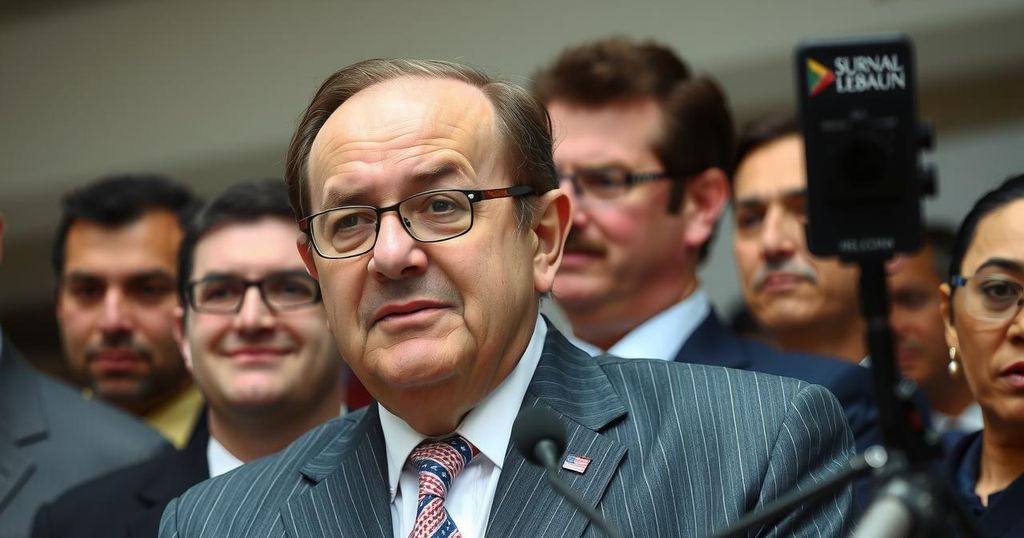Lebanon has elected Army Commander Joseph Aoun as president, with strong U.S. backing, signaling a reduction in Iranian influence. His election ends a two-year power vacuum and represents a significant shift in Lebanese politics, as more than two-thirds of lawmakers supported his candidacy.
In a significant political shift, Lebanon has elected Army Commander Joseph Aoun as its president, marking the first time the country has had a leader in over two years. This decision represents a notable pivot away from Iranian influence in favor of a candidate supported by the United States. The election succeeded with more than two-thirds of lawmakers in favor of Aoun, who will serve a six-year term, effectively ending a prolonged period of political stalemate and instabilities that previously plagued the nation.
Lebanon has been embroiled in a deep political crisis characterized by a power vacuum since the previous presidential term expired. The protracted struggle has seen multiple failed attempts to elect a new president, a position crucial for the governance of the country. With Iran’s influence waning in the region, the backing of a U.S. candidate signifies a broader geopolitical realignment, emphasizing a shift towards Western interests in Lebanese politics.
The selection of Joseph Aoun as president of Lebanon not only signals the end of a two-year political deadlock but also a crucial shift in the balance of power within the region, moving away from Iranian influence. Aoun’s election symbolizes hope for stability and governance at a time of dire need for the Lebanese people, marking a potential turning point in the country’s political landscape.
Original Source: www.poncacitynews.com






